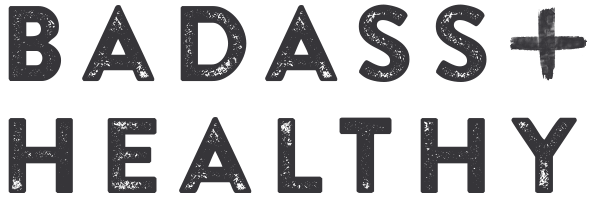Organic this, organic that. The word is everywhere. Find out what it actually means. Get to know the organic grocery shopping lingo to make more informed decisions while you're picking and choosing everything from produce (what are the MUST organic buys) to packaged goods.
What Does Organic Mean on Packaged Goods
USDA Certified Organic Seal
The USDA Organic Seal recognizes two levels of certified products:
"100% USDA certified organic"
This means the product must be made with 100 percent organic ingredients. You'll see this seal (pictured at right) on your product.
"Organic"
This means the product contains at least 95 percent organic ingredients. Ditto on the seal for this guy.
"Made with organic ingredients"
This means the product contains at least 70 percent organic ingredients. It is not represented by a USDA Organic Seal.
Produce Section: The Clean Fifteen and the Dirty Dozen
You're in the grocery store, staring down some sweet potatoes that are a couple bucks more than non-organic sweet potatoes. You could really use those couple bucks. There's a lottery ticket to win a million bucks with your name on it (and then you can eat all the darn organic food you want). But how filled with gross synthetic pesticides and fungicides is that sweet potato?
If you want to dip your toe in, but not dive face first into buying all organic food, get to know the 12 most essential fruits and vegetables to purchase organic and the 15 you can get away with buying non-organic. "The 'Dirty Dozen' are produce items that have the single highest pesticide loads," explains Gillean Barkyoumb, MS, RD, of Millennial Nutrition, LLC. "The 'Clean Fifteen' lists produce that is least likely to hold pesticide residue. Due to cost and lower risk, it's not as important to purchase organic for these products."
Bad: The Dirty Dozen
The top 12 fruits and vegetables to buy organic. Image credit: EWG
Better: The Clean Fifteen
Tests found low concentrations of pesticides on these 15 fruits and vegetables. Image credit: EWG
What About Meats, Poultry and Eggs
Choose organic whenever possible. Read this to find out why.
Did you know cooking oils can become carcinogenic at the wrong temperatures? Check out how to keep your oils cancer-free.





